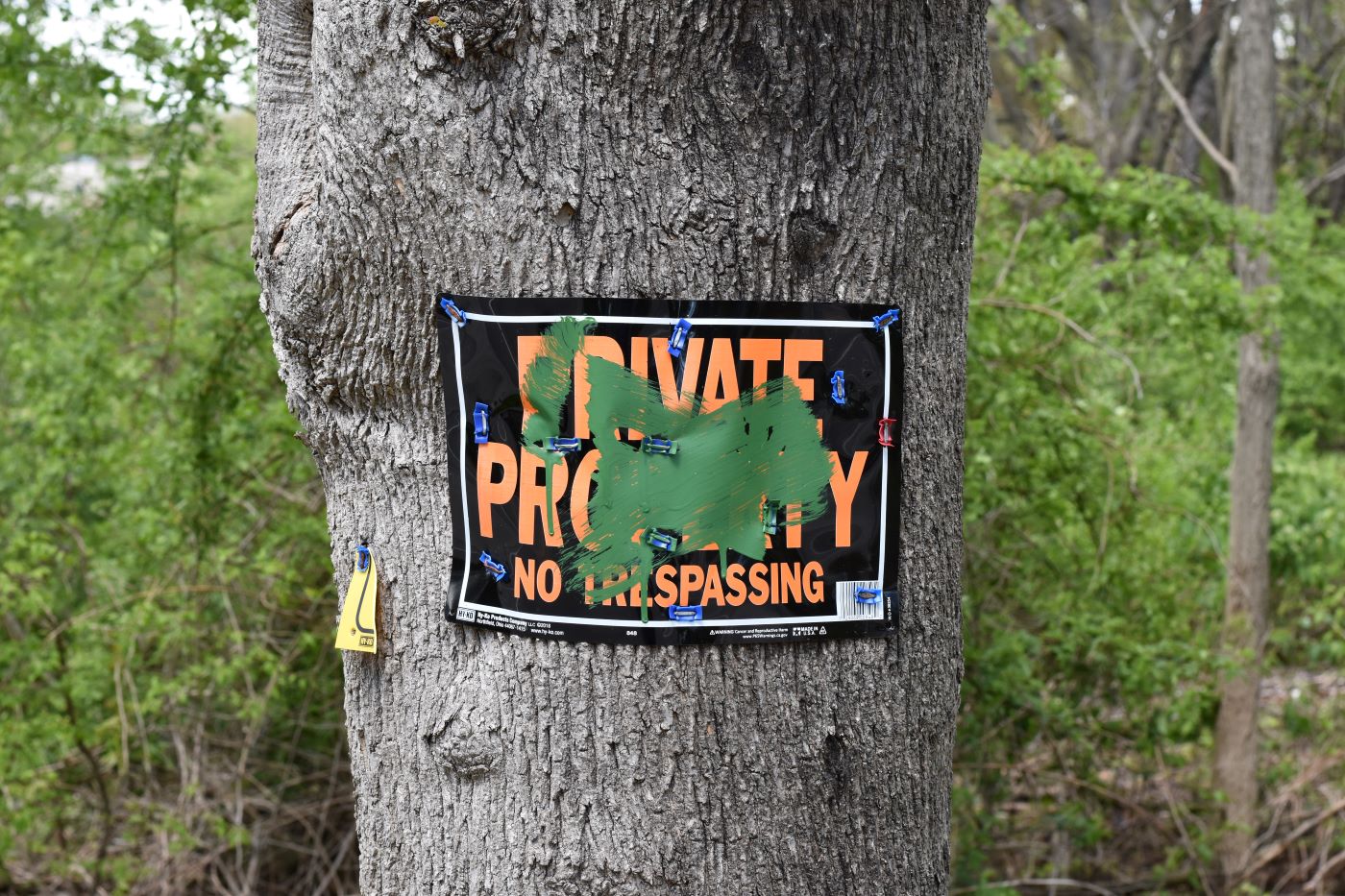Judge Allows Suit Against State Over Johnson’s Pond to Go Forward
June 26, 2023
PROVIDENCE — Temperatures aren’t the only things rising this summer; the legal battle for control of Johnson’s Pond is also heating up.
A federal judge declined a request from Rhode Island officials to dismiss the lawsuit brought against them by plaintiff Soscia Holdings LLC, the company that owns the dam and water rights to the Flat River Reservoir, more commonly known as Johnson’s Pond.
Soscia Holdings filed a lawsuit against state officials and the state Department of Environmental Management last year, alleging DEM officials interfered with the company’s private property rights and its contracts with the town of Coventry. The attorney general’s office is defending state officials in the suit.
District Court Judge Landya McCafferty dismissed one of the seven legal claims filed against the state, and declared four others to be eligible for prospective injunction. Two additional claims filed under state law that allege DEM interfered with Soscia Holdings’ franchise rights and its lease agreement with Coventry were left intact.
In a statement to ecoRI News, Brian Hodge, a spokesperson for the attorney general, said the decision signaled that the case would return to the issues, and state agencies would continue to protect the pond.
“Johnson’s Pond is an important ecological and recreational resource, and the attorney general and DEM will continue to closely monitor to ensure that the pond’s water is held at reasonable levels in accordance with state laws,” Hodge said. “The two agencies are working in close collaboration on the continued protection of this resource, with the attorney general, DEM, members of their staffs, legislative leaders, and various stakeholders having convened this past Friday to discuss that very purpose.”
Patrick Doughtery, attorney for Soscia Holdings, did not respond to a request for comment.
At a January hearing, McCafferty heard arguments for the motion to dismiss, filed by the state last October, taking it under advisement. During the same hearing, the judge dismissed a motion for a temporary restraining order and preliminary injunction filed by Doughtery.
It’s the latest development in an ongoing years-long struggle over control of Johnson’s Pond, a 950-acre pond in central Coventry with some 17 miles of shoreline. The Flat River Reservoir was originally created as a mill pond in the 1800s. A private corporation, the Quidnick Reservoir Co., was given exclusive rights to the water flow and the dam that controls the water levels in the pond.
But it’s been a long, long time since Rhode Island industry was powered by mill ponds. In the decades since, Johnson’s Pond has been primarily used for recreation and water sports by some 600 residents who live nearby, with a DEM-managed boat launch and fishing area on the southern end of the pond by Harkney Hill Road. Traditionally, the Quidnick Reservoir Co. owns the pond, and then leases it to the town for a set fee.
There’s a twist: an obscure change to the Quidnick Reservoir’s powers in state law in 1982 allows it to sell the water flow rights and the dam to a third party. Local resident Bruce Soscia, president of Soscia Holdings, did just that, quietly buying the dam water flow rights in 2020.
Since then, Coventry residents have accused Soscia of deliberately lowering the water levels in the pond beyond their historical averages, and purposefully depriving enjoyment of the pond from waterfront property owners. Soscia Holdings says it has been acting responsibly by managing the water levels of the pond in the name of safety.
But not everyone saw it that way. In April 2021, DEM issued a letter that disputed the need for water levels to be below historic norms.
“At present, DEM has no information to support that any of these dam safety reasons apply to the dam,” wrote David Chopy, the chief of the department’s Compliance and Inspection Division. “And therefore, DEM believes there is no safety reason that would require lowering the water level to make the dam safe.”
The controversy flowed into the General Assembly last year, when lawmakers heard a number of bills that would give greater oversight and control of the pond to DEM. Finalized legislation signed by the governor last June appended the Freshwater Wetlands Act to require the owners and operators of dams with greater than 1,400 normal storage-acre feet of water to obtain a permit to adjust water levels on site. The legislation only impacts six dams, two of which are owned by DEM.
State regulators began enforcing the law last July, issuing Soscia Holdings a cease-and-desist letter for its continued lowered water levels on the pond. On July 13, the company filed its lawsuit against state officials.



